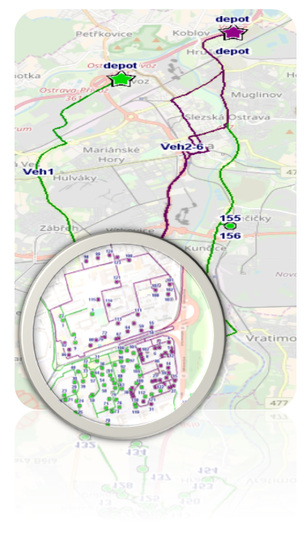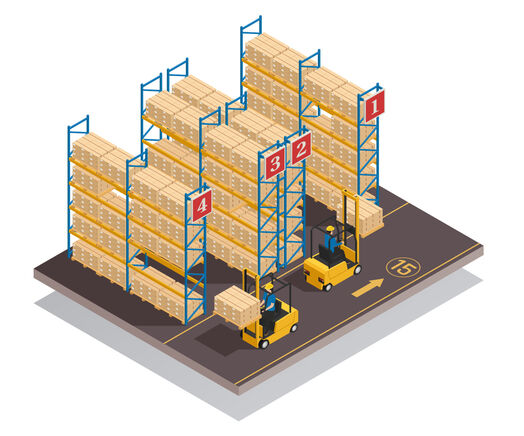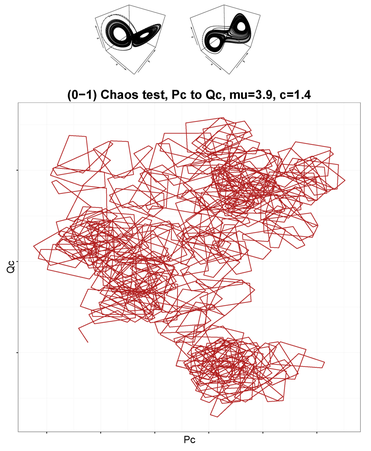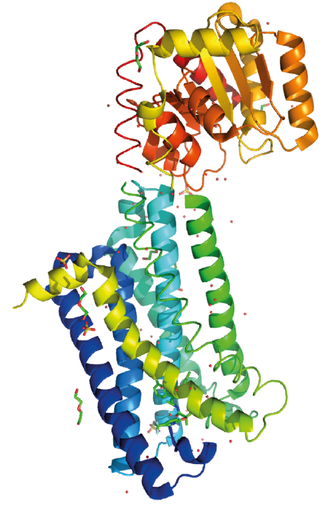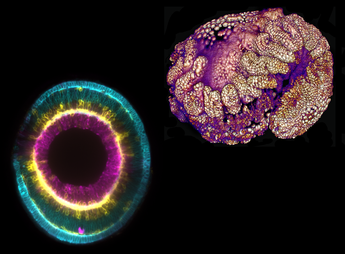Our research objective is to create and further develop efficient tools for the future development of society. We are engaged in big data processing and analysis as well as simulations for various practical applications. They include, for example, support for management and decision making in crisis situations, smart navigation, traffic load predictions, flood propagation modelling, smart cities, bioinformatics, and reliability analysis. Our research activities are also aimed at workflow systems and efficient scheduling as well as at development of tools facilitating access of client applications to HPC technologies. All of these domains require long-term research and development oriented to fields such as computational mathematics, smart systems, software engineering, internet technologies, and distributed applications.
Portfolio
Smart-city: traffic modeling
Efficient urban traffic solution has been one of the most discussed topics in recent years. In this field, we apply and modify traffic modeling algorithms to monitor the global state of the traffic network and perform subsequent urban traffic flow optimization. Another related activity is development of advanced algorithms for server navigation. In our research, emphasis is placed on the interconnection of traffic modeling with other domains such as flood forecasting and urban pollution spread. Cooperation with the commercial sector, which is the key user of navigation services, forms an integral part of this field. In traffic modeling, we are also focused on optimization problems. One of our in-house developed algorithms is applied in waste management.
- global approach to transport infrastructure
- smart navigation
- urban traffic flow management
- optimization of distribution and collection of goods to and from customers
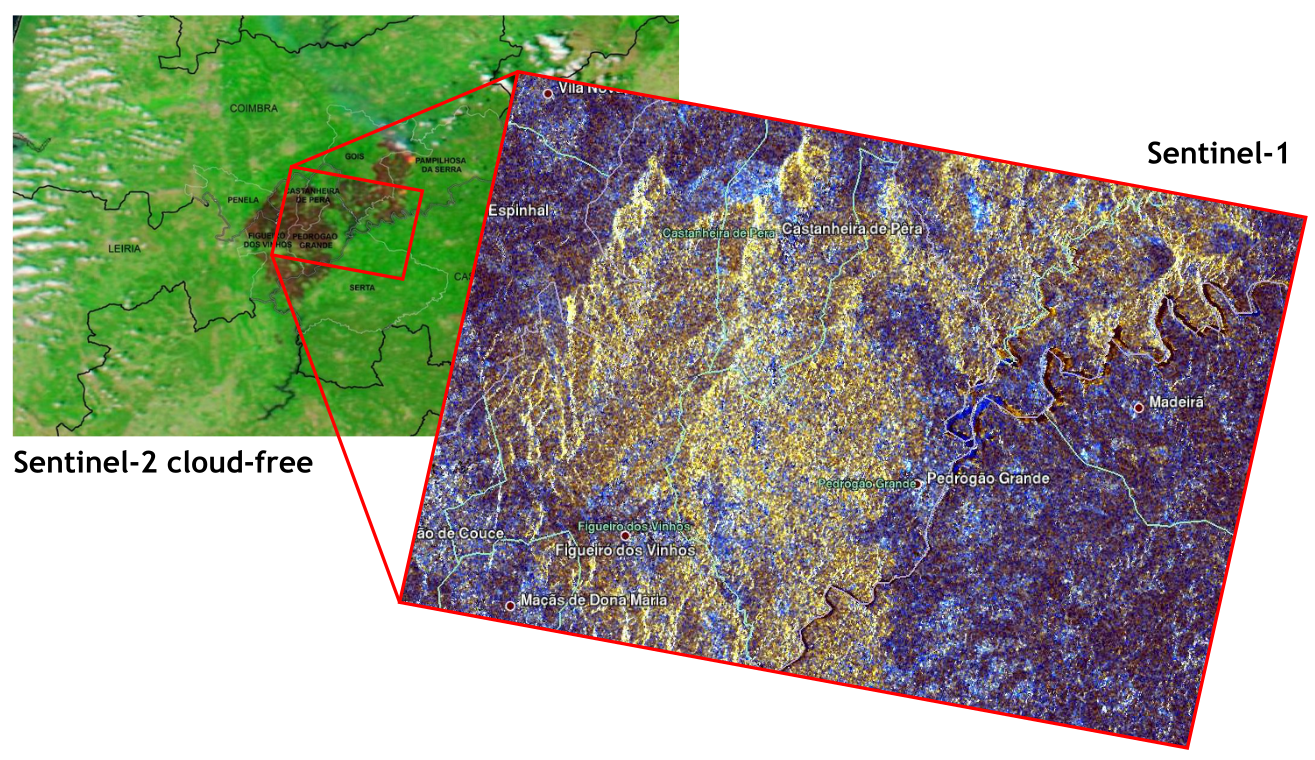
Radar Earth observation
Based on measurements of the time delay in reflections of their own microwave radiation, radar satellites obtain sensitive information about movements of objects and terrain. Measurement of polarization intensity and changes in this radiation, which passes through clouds without any loss, allows us to identify areas affected by a natural disasters or observe changes in vegetation. We are developing a module connected with the national storage of the Sentinel-1 satellite data, allowing these phenomena to be evaluated for the territory of the Czech Republic.
- identification of landslide activity
- monitoring of vertical movements of structures
- mapping of inundated areas through clouds
- evaluation of vegetation changes such as deforestation
Bioinformatics
Bioinformatics is a modern interdisciplinary field combining biology, chemistry, and medical and computer science. In bioinformatics, we are involved in genomics and molecular diagnostics where we help address fundamental problems such as vertebrate population genetics, detection of carcinogenesis-related mutations, search for neurodegenerative disease-related mutations and last but not least, we also study the process of crossbreeding. Moreover, we also engage in the development of an interface for facilitating access to bioinformatics tools deployed on the IT4Innovations supercomputing infrastructure.
- genomics and molecular diagnostics
- cooperation with professionals from the health sector and academia
- development and testing of bioinformatics tools
- interfaces for accessing supercomputing infrastructure
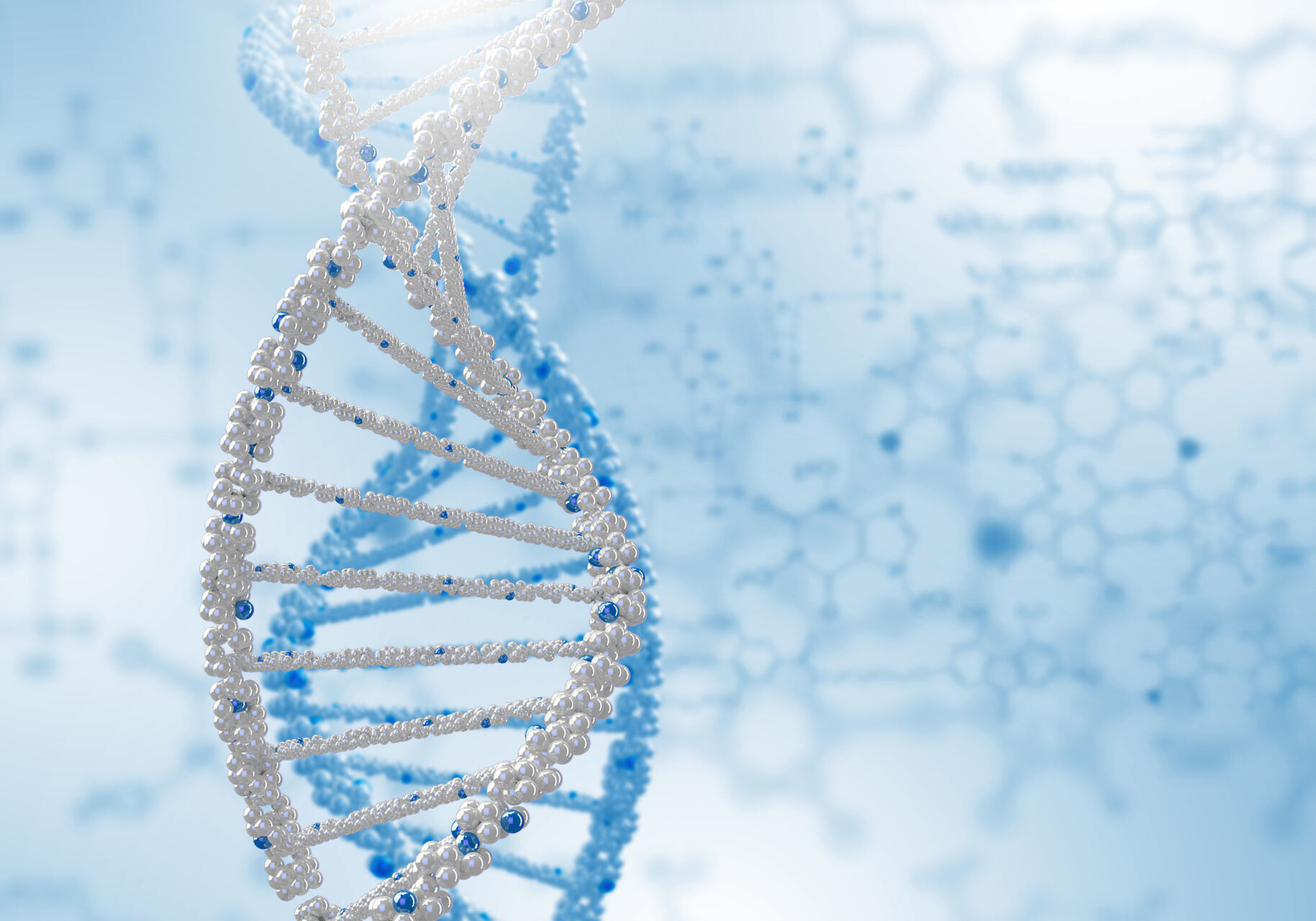
Industry 4.0: stock inventory management
Stock inventory management is a process of efficient material flow management ensuring smooth operation of a company while minimizing inventory purchase and holding costs. Our in-house developed module helps reduce decision time, facilitates storage operations, and reduces costs by means of stock inventory optimization. It serves to determine the point of order, buffer stock, and optimal order dimension, utilizing sales forecasting based on sales history data. Forecasting is based on modern statistical methods for time-series analysis.
- efficient material flow management
- sales forecasting based on sales history data
- stock inventory optimization
- statistical methods for time-series analysis
Chaos theory
Chaos theory focuses on the study of the behaviour of trajectories, which can be generated by continuous as well as dynamical systems. The objective is to detect the character of a given object's movement, study the parameter properties of the system, and detect the initial condition sensitivity. Our achievements in this field include mechanical systems dynamics, ecology, economics, and other models, and application of methods in traffic, socio-geoinformatic as well as biological time series.
- discrete dynamical systems
- continuous dynamical systems
- tests for chaos
- initial condition sensitivity
Machine learning
We provide support for the deployment of new tools enabling efficient and easy use of the IT4Innovations infrastructure for solving problems using machine learning. We actively participate in the development of new machine learning applications, which allow modeling of complex systems using regression, classification, and cluster methods. We also develop tools for verification of these models. We cooperate with pharmaceutical industry in the field of prediction models used in the design of new drugs using deep learning as well as traditional statistical methods.
- complex systems modeling
- model precision verification
- big data analysis and processing
- development of specialised programing models
Crisis management support: FLOREON+
We continually develop the Floreon+ system to facilitate decision making in crisis management, which was primarily intended for use in the Moravian-Silesian region. The system is currently integrating several different crisis management domains and contains processes for automated user-run simulations that use the IT4Innovations supercomputing infrastructure. The system can be used both in the monitoring and automated prediction mode and for solving “What if” problems.
The system currently integrates:
- hydrological modeling,
- monitoring of the current traffic situation,
- modeling of dangerous substances discharge, and
- population mobility monitoring.
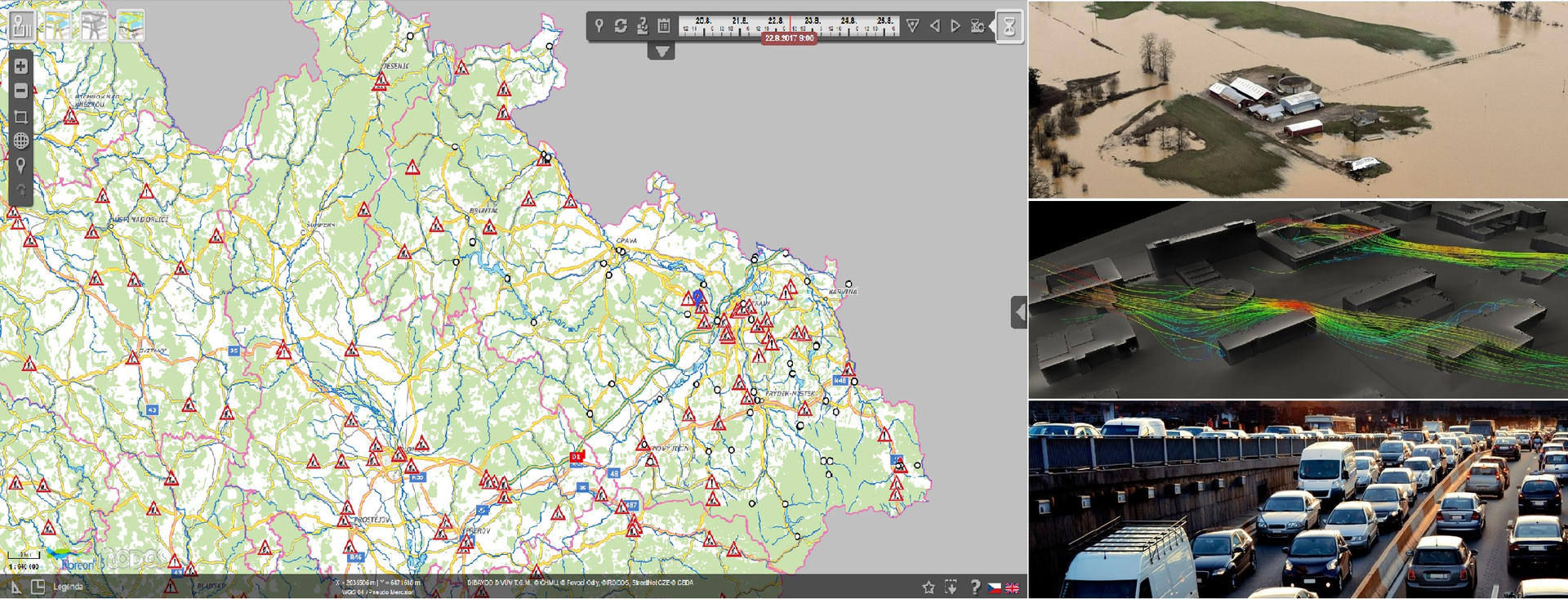
Bioimage analysis
We are involved in research aimed at the processing of large biological data sets using high-performance computing (HPC) systems. The research deals with parallelization of light sheet microscopy data processing, for example. We extend the Fiji platform functionality and adjust data analysis procedures so that the Fiji platform can be smoothly run on HPC infrastructures. Users will thus be able to use its full potential on large biological image data sets.

